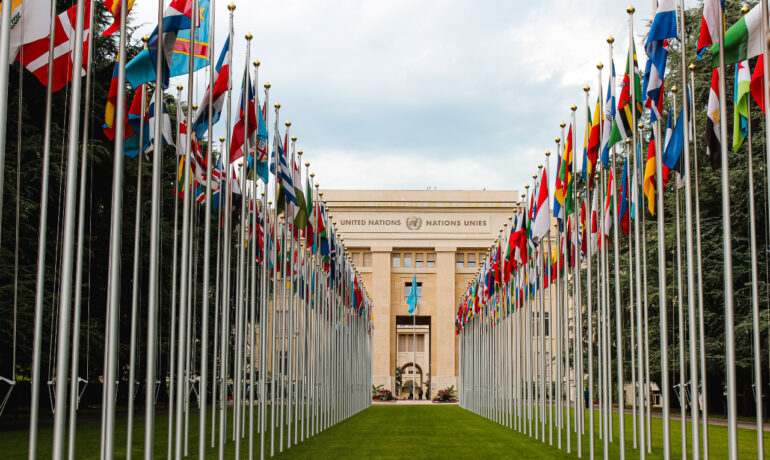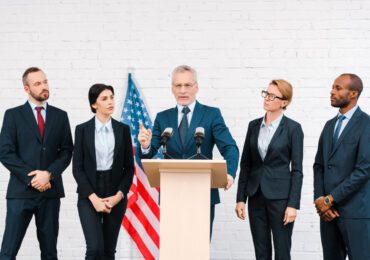Communication is a skill everyone uses in their daily lives. These skills can be used for negotiations, representations, and conflict resolutions that are presented through the art of diplomacy. Diplomacy plays an essential role in international relations. However, effective communication is more critical than in the field of diplomacy, especially for diplomats working in international organizations. This article explores communication’s essential role in diplomacy, specifically focusing on diplomats working in international organizations.
💠 The Role of Diplomats in International Organizations
Diplomats play a unique and essential role in international organizations such as the United Nations, the European Union, and regional bodies. They serve as the bridge between their home countries and international communities, navigating and solving global issues to find common ground and understanding among nations. The effectiveness of these diplomats can be measured by their ability to communicate successfully.
💠The Pillars of Effective Communication for Diplomats
Cultural Sensitivity: Effective diplomats know the cultural differences that shape international negotiations. They understand that gestures, customs, and the choice of words can have a lot of significance. Recognizing and respecting these differences creates trust and helps pave the way for successful diplomacy.
💠Clarity and Precision: Diplomats are tasked with clearly presenting their home country’s positions. With transparency, communication can lead to diplomatic understanding. Precision and Clarity in communication are essential in international organizations that use multiple languages and legal frameworks.
💠Active Listening: Effective communication involves not just speaking but also active listening. Diplomats carefully listen to the concerns and perspectives of other positions. This empathetic approach builds rapport and demonstrates a commitment to finding mutual solutions.
💠Adaptability: Diplomacy is universal, and diplomats often face changing situations. To respond effectively to evolving conditions, they must accommodate different communication styles and strategies. This adaptability allows them to adjust to situations, see opportunities, and manage crises.
💠Negotiation Skills: Diplomacy is mainly about negotiation. Diplomats must be skilled negotiators, able to persuade and find common ground with different perspectives others may have. Effective communication is crucial as diplomats seek to bridge differences and align agreements.
💠The Consequences of Ineffective Communication
Ineffective communication can have consequences in the world of diplomacy. Misunderstandings or misinterpretations can result in diplomatic disagreements and conflict, which can delay the common goals achieved through cooperation among nations in international organizations.
💠Using Technology in Diplomatic Communication
Modern technology provides diplomats with various tools to help enhance their communication skills. For instance, digital platforms, video conferences, and translation services improve communication across borders and languages.
Effective communication is the core element of diplomacy, especially for diplomats working in international organizations. Diplomats’ success is determined by their ability to bridge cultural differences, convey their nation’s positions clearly, listen actively, adapt to changing situations, and negotiate skillfully.
In this interconnected and evolving world, diplomats use communication to build bridges, promote cooperation, and advance the interests of their nations and global communities. Overall, a diplomat’s words create actions that allow them to do their job successfully.
👉 LEARN MORE about our unique communications program to help with your presentations.




You have hit the spot. A good idea, I support it.
Thank you, we will post more blogs on the topic.